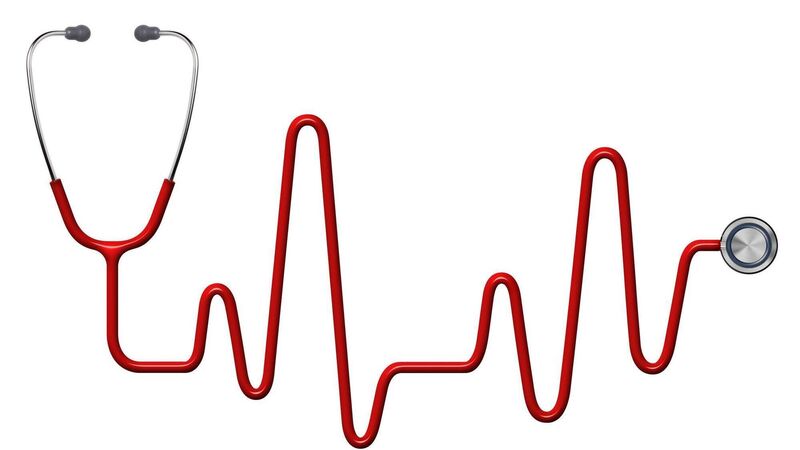Obesity: 'We have been sold the idea that it is all about personal responsibility'

Pic: iStock
Try from €1.50 / week
SUBSCRIBE
Pic: iStock
Anyone who struggles with obesity will also know all about the extra burden of judgment, the blaming and shaming for being lazy or not having enough willpower.
However, in recent years, there has been a change in thinking around obesity, with a growing scientific consensus that it is not due to a personal failing or lack of control and is instead a complex and chronic condition that deserves a compassionate and supportive response.
Already a subscriber? Sign in
You have reached your article limit.
Annual €130 €80
Best value
Monthly €12€6 / month
Introductory offers for new customers. Annual billed once for first year. Renews at €130. Monthly initial discount (first 3 months) billed monthly, then €12 a month. Ts&Cs apply.
CONNECT WITH US TODAY
Be the first to know the latest news and updates
Newsletter
The best food, health, entertainment and lifestyle content from the Irish Examiner, direct to your inbox.
Newsletter
The best food, health, entertainment and lifestyle content from the Irish Examiner, direct to your inbox.

Our team of experts are on hand to offer advice and answer your questions here
© Examiner Echo Group Limited